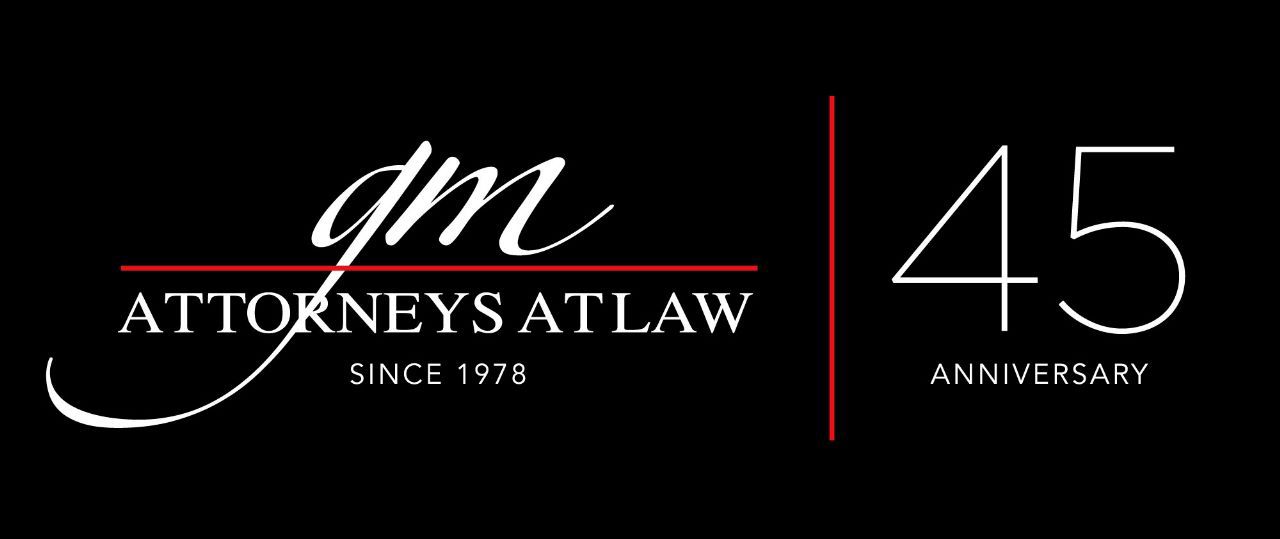On April 22, 2024, the reform of Section 91 of Law 9078, the Law of Traffic on Public Roads and Road Safety, was published in the Official Newspaper “La Gaceta”. The previous update of this law dates back to October 2012. This reform introduces significant changes, especially for the expatriate community in Costa Rica, who often found it impossible to meet the previous requirements.
Context and Need for the Reform
The reform seeks to fill a legal gap left by the change in the visa decree that extended the tourist visa to a maximum of 180 days. However, in terms of traffic regulations, the law specified that foreign drivers with a valid license in their country of origin could drive in Costa Rica for a maximum of three months under the condition of tourists or transit. This mismatch created confusion and complications for expatriates.
Substantial Changes Introduced
- Validity of Foreign License
- Before the Reform: Foreign drivers in the condition of tourists or in transit could drive for a maximum period of three months.
- After the Reform: The foreign license will be valid for the same period granted by the General Directorate of Migration and Immigration for this migratory condition. This change eliminates the three-month limitation, allowing expatriates to use their licenses for the full period of their tourist visa.
- Homologation Requirements and Migratory Status
- Before the Reform: Drivers with a foreign license and an uninterrupted stay longer than three months had to obtain a Costa Rican driver’s license.
- After the Reform: The requirement for an uninterrupted stay of more than three months (91 days) is eliminated. Now, any foreigner with an approved migratory status or in the process of approval, as well as diplomatic and international organization officials, can obtain a Costa Rican driver’s license without requiring a minimum uninterrupted stay period.
Requirements for License Homologation
To homologate a foreign driver’s license in Costa Rica, the applicant must also meet the following additional requirements:
- Valid License: The foreign license to be homologated must be valid. If the license is in a language other than Spanish, it must be translated by a CR official translator.
- Compliance with the Law: The applicant must comply with the provisions of the law for the class and type of license to be homologated, except for the requirement to attend the basic road education course and take the practical driving test.
- Legal Migratory Status: The applicant must prove that they have a legal migratory status in the country or are in the process of obtaining it, under current immigration legislation.
Impact of the Reform
This reform significantly facilitates the integration of expatriates and other foreigners into the Costa Rican transportation system. By eliminating the three-month restriction and the uninterrupted stay requirement, the new regulation reduces bureaucratic barriers and aligns traffic provisions with immigration regulations. This not only provides clarity and legal certainty for expatriates but also promotes greater mobility and flexibility for those residing temporarily or permanently in the country.
In conclusion, the reform of Section 91 of the Traffic Law represents an important step in modernizing and adapting Costa Rican legislation to the needs of a growing and dynamic international community.
We at GM Attorneys will be pleased to help you with legal matters in Costa Rica! You can contact us at info@gmattorneyscr.com or visit our website and blog section at https://gmattorneyscr.com/blog/
